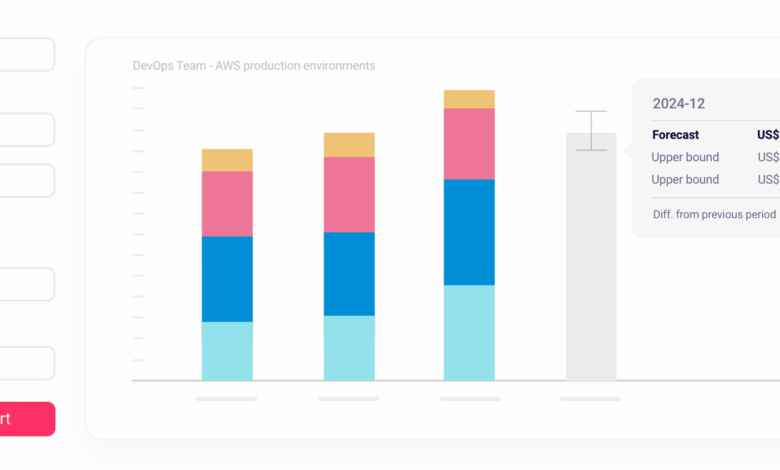
Last summer, the EU took its first significant step toward regulating artificial intelligence with the introduction of the AI Act. Now, almost one year on, and with Chapters 1 and 2 already in place, the goal is clear: to provide businesses with a framework for responsible AI use. Yet as these regulations unfold, the urgency for organisations to adopt AI strategically and responsibly has never been greater.
Unfortunately, many businesses are racing to implement AI without fully preparing for the hypergrowth and challenges it brings. This mirrors the trajectory of cloud adoption over the last decade, where companies rushed to the cloud without a proper strategy, leading to inefficiencies, skyrocketing costs, and cloud waste.
To ensure AI adoption is both sustainable and impactful, organisations must learn from past mistakes. Just as FinOps principles have become essential for managing cloud costs and efficiency, they must now guide AI implementation. By adopting a cost-conscious, strategic approach, business leaders can manage escalating AI expenses, track return on investment, and allocate resources effectively.
Strategy over hype
AI is reshaping industries, with data predicting that large organisations that adopt AI successfully will see 20% to 30% gains in productivity, speed to market and revenue. However, true success goes beyond simply implementing the technology – it’s about fostering a culture of innovation and ensuring adoption is strategic and organisation-wide.
A major challenge lies in understanding AI’s potential. To address this, businesses must invest in education and training, equipping teams with the skills to identify practical use cases, assess potential risks, and map out a clear implementation plan.
The takeaway is clear: AI adoption must align with business objectives to drive meaningful results. By focusing on strategy and integrating AI with broader organisational goals, companies can unlock its full potential, gain stakeholder confidence, and achieve sustainable, long-term success.
FinOps principles for AI implementation
FinOps is a cultural framework designed to help organisations manage cloud spending with greater control, visibility, and accountability. Think of it as the glue between finance, technology, and business teams, ensuring that all stakeholders understand and optimise the financial impact of their technology decisions. Born out of the complexities of cloud adoption, FinOps helps businesses track costs, predict spending, and maximise returns on investment.
As AI adoption accelerates, FinOps principles are becoming just as vital for keeping AI costs in check. AI workloads often involve resource-intensive processes like machine learning and data analytics, which can spiral into budget overruns without proper oversight. To keep things simple, here are three crucial, FinOps-inspired methods to ensure innovation doesn’t come at the expense of financial stability:
1. Shine a spotlight on AI costs
Visibility is the cornerstone of FinOps. Just as businesses use cloud monitoring tools to track spending, organisations need detailed insights into AI resource consumption. Analytics tools can reveal which projects are draining resources, highlight areas for improvement, and ensure investments are directed toward high-value initiatives.
2. Establish accountability
FinOps thrives on a culture of ownership. Make sure to assign responsibility for specific AI projects to teams to ensure clear accountability for spending and resource usage. By conducting regular budget reviews and tracking resource utilisation, organisations can foster smarter decision-making and prevent unnecessary overspending.
3. Optimise and scale smartly
Implementation can often feel like a ‘one-and-done’ solution. The truth is, optimisation is an ongoing task. By refining AI workloads, leveraging automation, and using machine learning to allocate resources dynamically, businesses can ensure their AI operations run efficiently. This, in turn, reduces costs, improves performance, and drives better outcomes.
The student becomes the master
All in all, the EU AI Act has changed the game, offering businesses clear guidelines for ethical AI adoption. Yet to truly succeed, they must approach AI strategically, avoiding the rush that led to cloud inefficiencies in the past. By applying FinOps principles, and focusing on visibility, accountability, and optimisation, organisations can keep AI costs in check while aligning it with broader business goals.
The key to success? A smart, sustainable approach that turns AI from a buzzword into a long-term asset.





